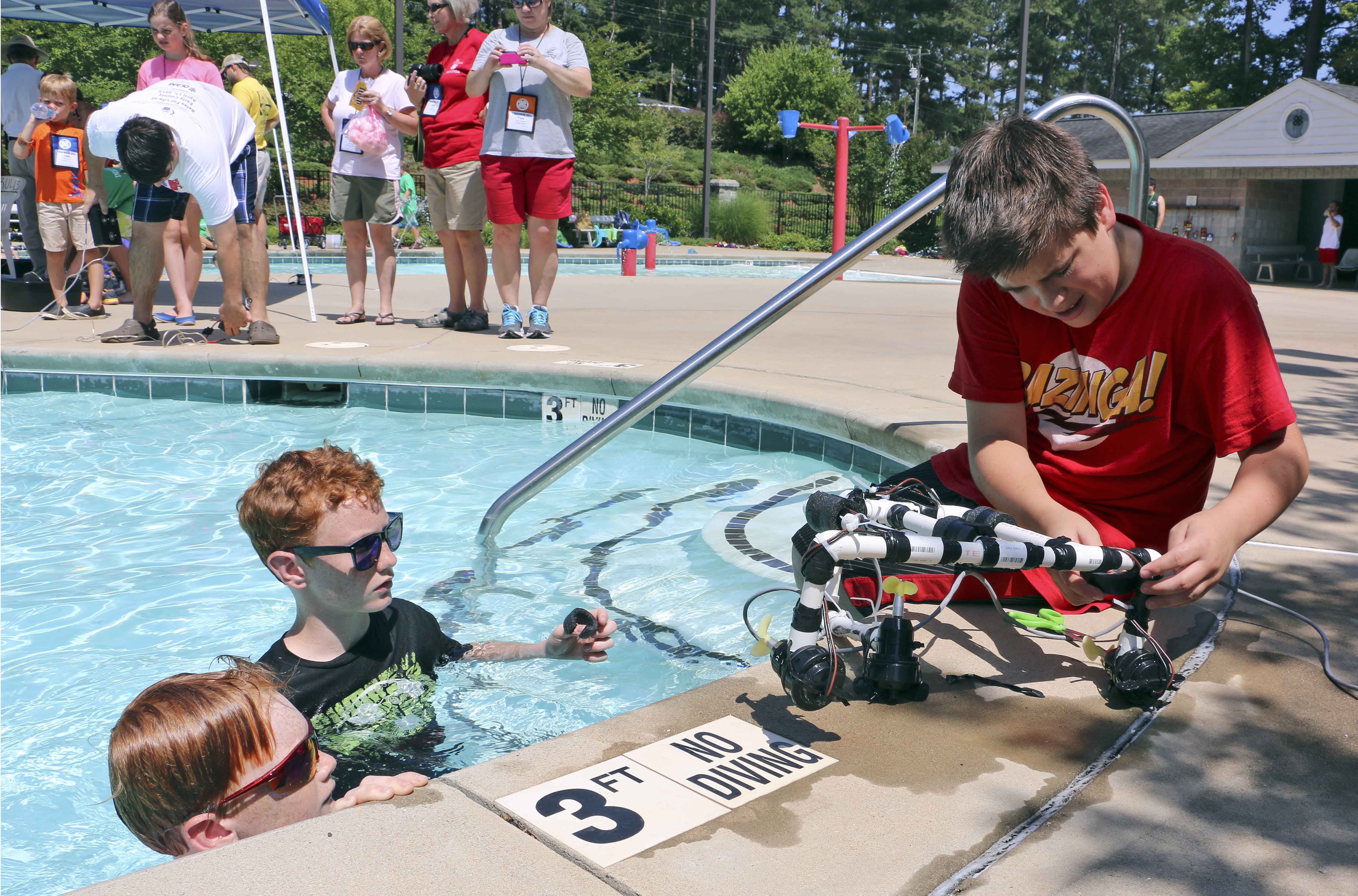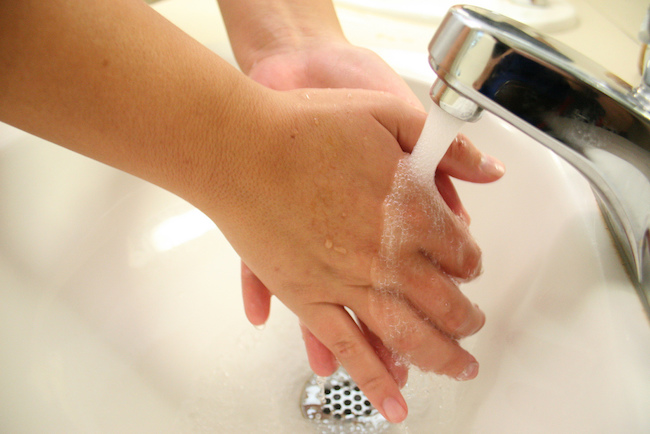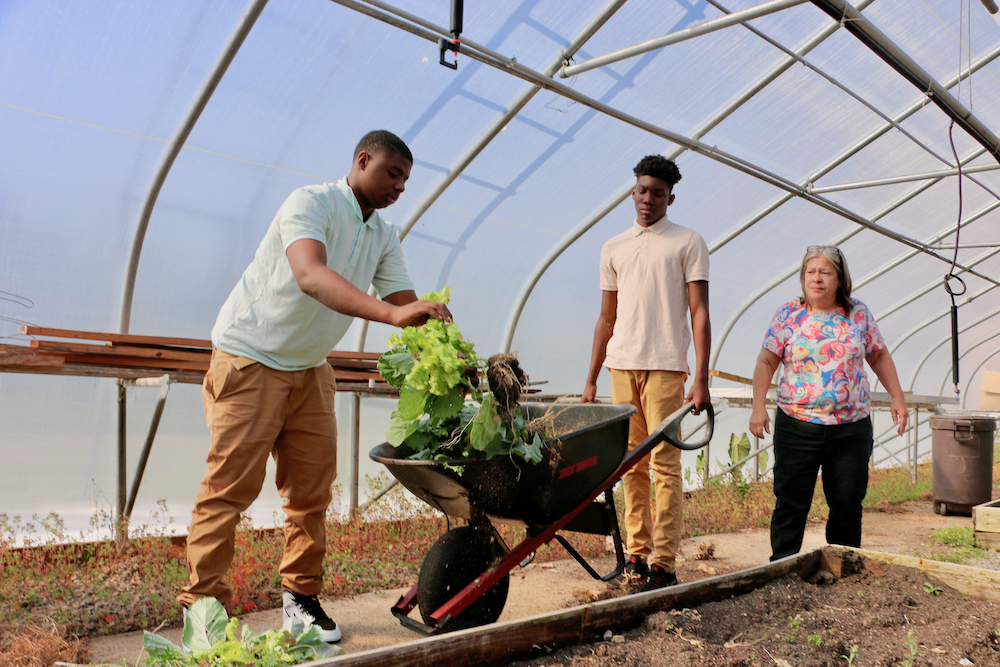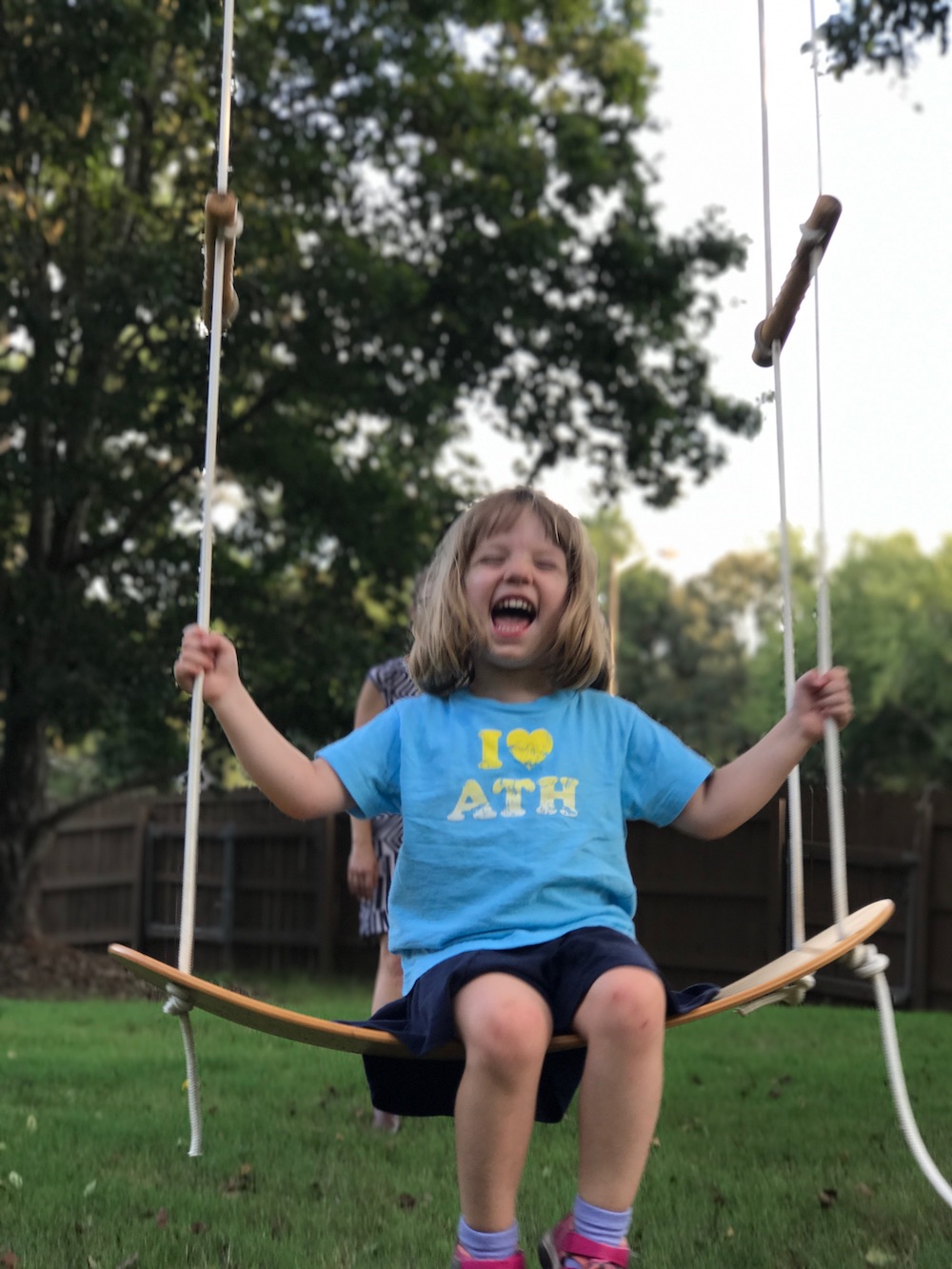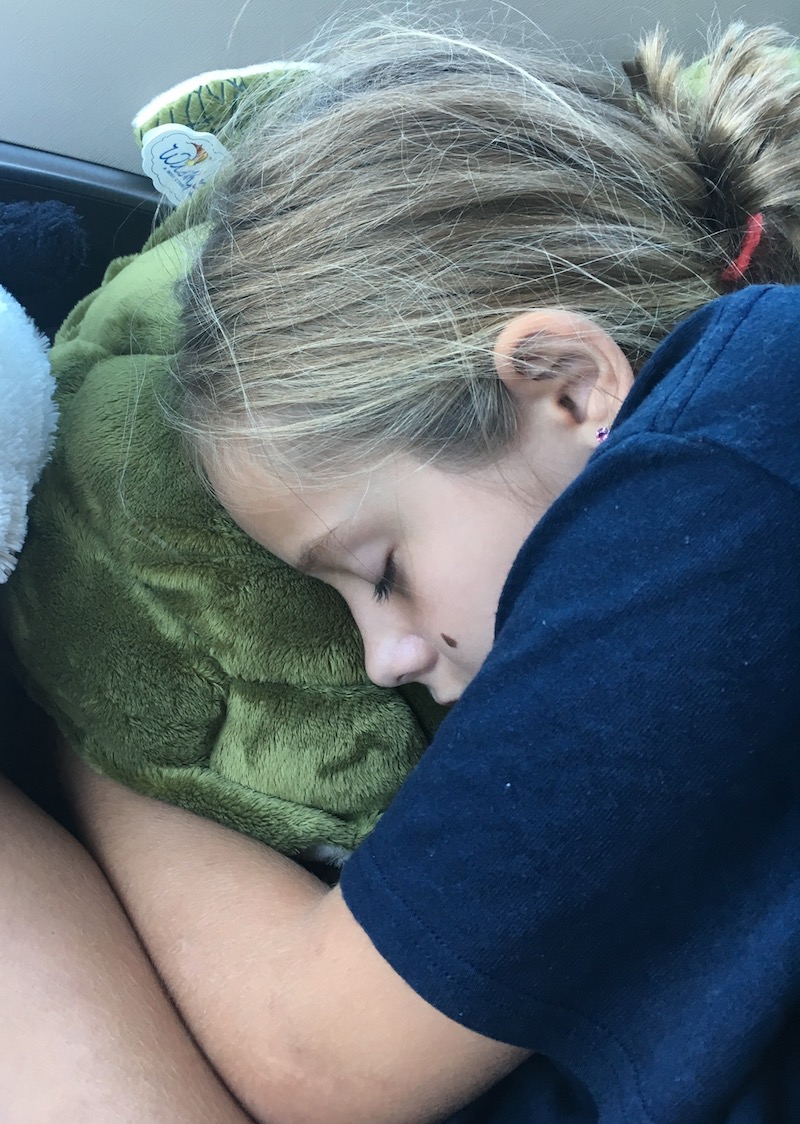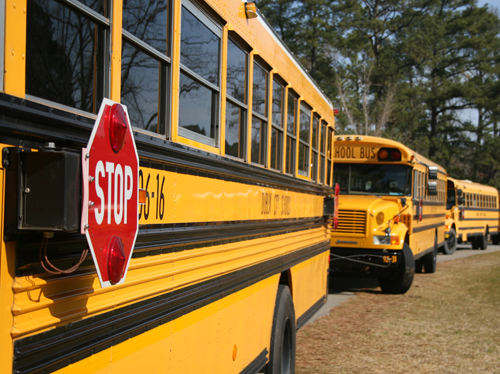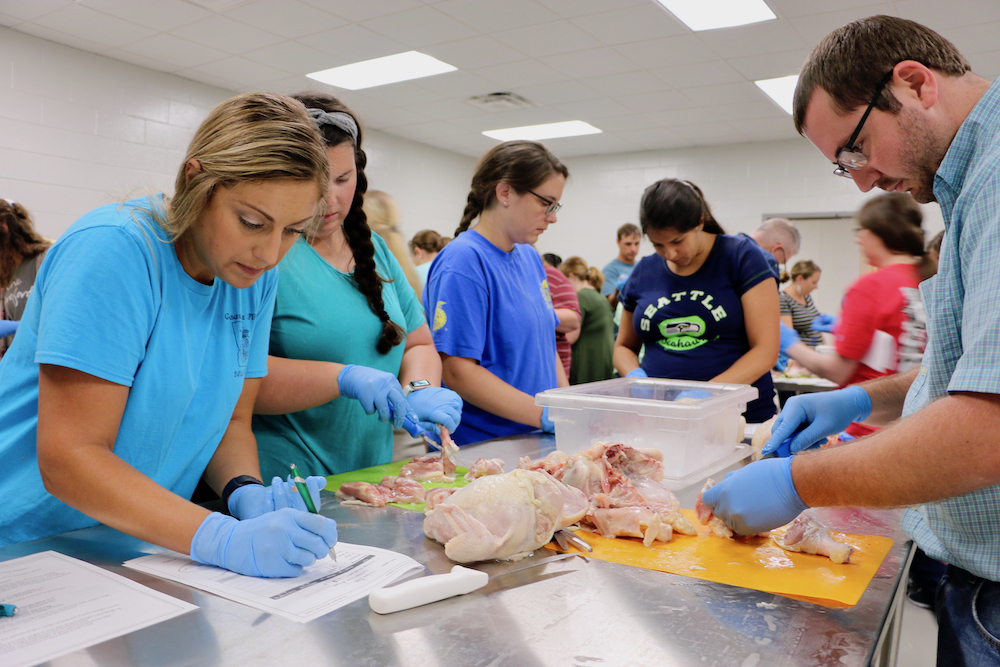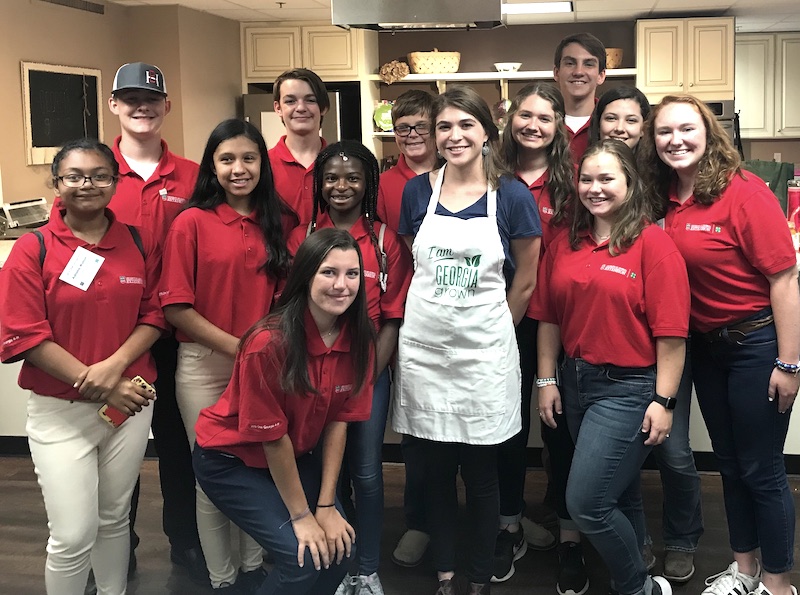 CAES News
CAES News
One Georgia
Twenty-four Georgia 4-H teenagers spent their summer in a unique agriculture-focused student exchange program without leaving the state. Funded by the Thalia and Michael C. Carlos Foundation, One Georgia 4-H is an urban-rural 4-H exchange program designed to showcase the importance of agriculture in rural and urban Georgia.

